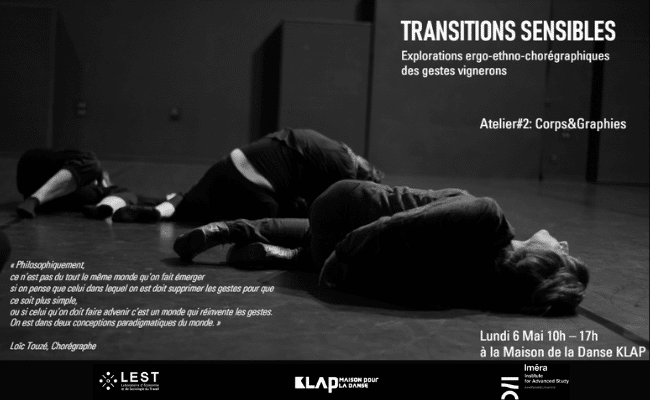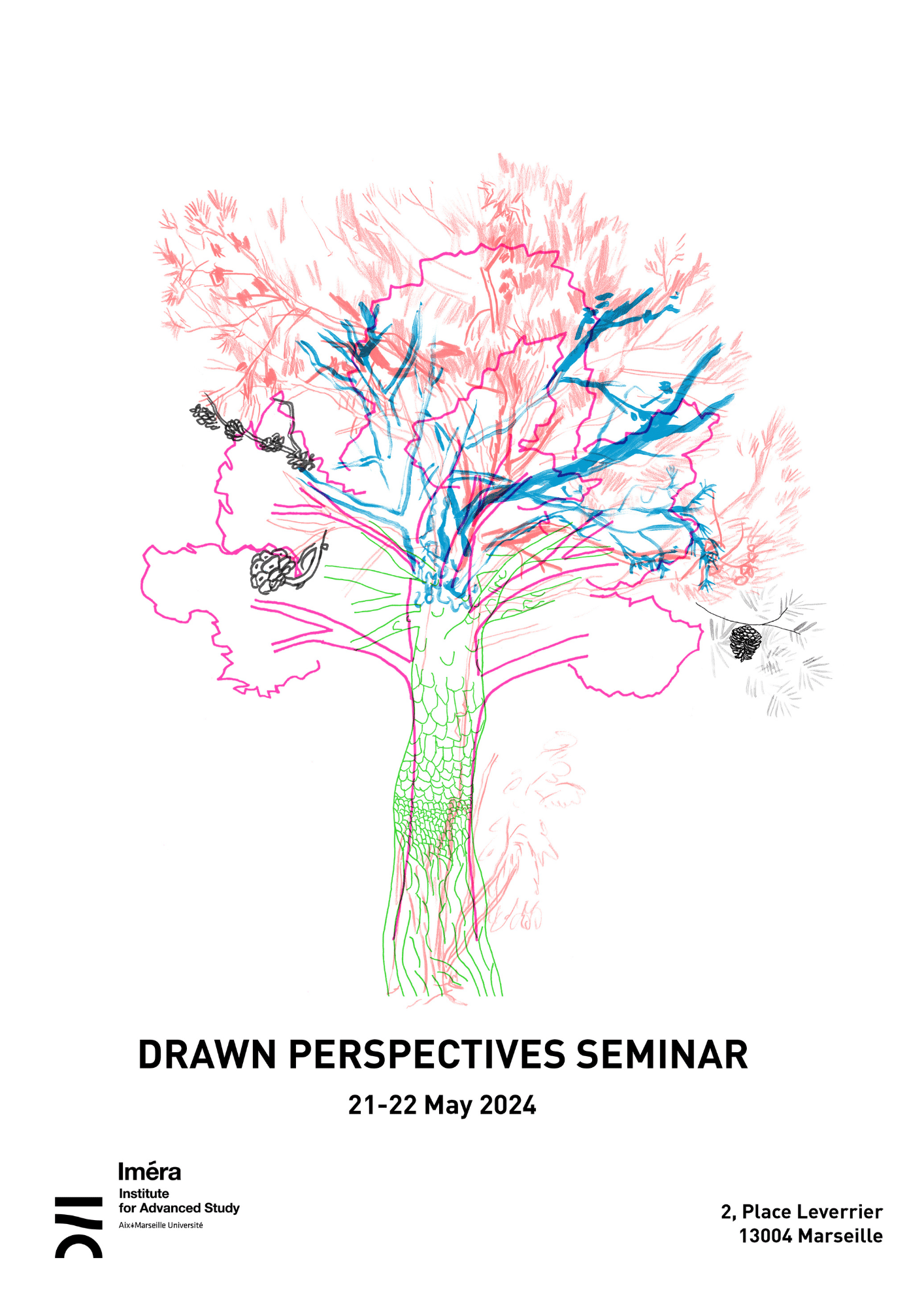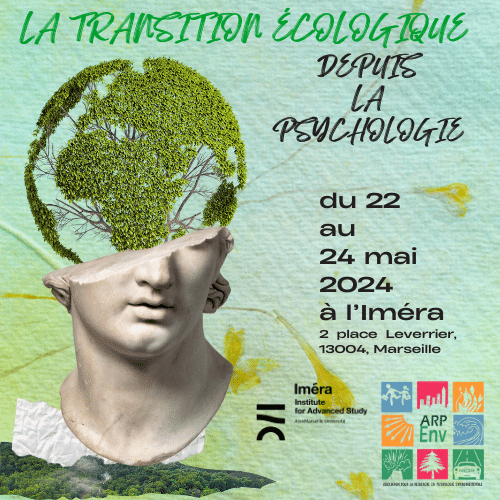| Inter-disciplines is a seminar offered by Iméra to reflect on the theoretical consequences of interdisciplinary dialogue. Prominent international figures who have actively worked at the intersection of two (or three) disciplines will present, in a major conference, an overview of the theoretical or methodological changes that this interdisciplinary dialogue has instigated and the dynamics it has triggered in each of the disciplines. The major conference is preceded by a seminar the day before, with the aim of preparing for the major conference in advance with doctoral and master’s students. (This preparation, as well as attendance at the seminar, contributes to doctoral training: https://www.univ-amu.fr/fr/public/tuile/college-doctoral). This seminar will be led by Gabriella Crocco and Fausto Fraisopi (Iméra), Olivier Morizot and Florence Boulc’h (IRES AMU). |
Interdisciplinarity Who? What? How? Why?

In this second session of the 2023-24 series, Frédéric Darbellay offers an analysis of the potentialities of interdisciplinarity, as well as the obstacles it encounters. He sheds light on the complex relationships it maintains with institutionalized disciplines:
wednesday 29 november
3-6 pm
(Iméra, first floor meeting room of Maison Neuve)
Towards a Theory of Interdisciplinarity? Between Unity and Diversity
Seminar and doctoral training centered around the reflections of Frédéric Darbellay, organized by Gabriella Crocco and Fausto Fraisopi (Iméra), Olivier Morizot and Florence Boulc’h (IRES AMU).
Interdisciplinarity is emerging as a new direction in the evolution of university teaching and research, revealing both its potentials and the challenges that obstruct it, while exposing the complex relationships it maintains with established disciplines. It is considered here as a process of articulation among multiple disciplines, surpassing the mere aggregation of heterogeneous knowledge. Instead of claiming a unified theory that would create a new paradigm, it is essential to recognize the diversity of epistemological stances that contribute to the co-creation of the interdisciplinary process.
- Towards a Theory of Interdisciplinarity? Between Unity and Diversity, Frédéric Darbellay, DOI : https://doi.org/10.7202/1007082ar
- Identity Paradox and Interdisciplinarity: A Look at Researchers’ Disciplinary Identities, Frédéric Darbellay, DOI: 10.1051/nss/2015056
thursday 30 november
4-6 pm
(Iméra, conference hall of Maison des Astronomes)
Principle Conference by Frédéric Darbellay :
Interdisciplinarity: Who? What? How? Why?
Interdisciplinarity is at the heart of numerous national and international project calls, promotional university speeches, as well as theoretical and methodological inquiries of researchers who dare to venture beyond the boundaries of their disciplinary affiliations and engage their disciplinary identities in a context of creative transformation. The objective of this conference is to move beyond the use of the concept of interdisciplinarity as a mere buzzword and to consider it from the following complementary perspectives: What are the characteristics of those involved in interdisciplinarity (Who)? What is the definition of the concept of interdisciplinarity (What)? How can an interdisciplinary research process unfold (How)? And finally, what are the reasons motivating the choice of an interdisciplinary approach (Why)?
| Frédéric Darbellay is also the guest of honor in the framework of the Council for the Development of Interdisciplinarity/seminar training on the day: Interdisciplinarity(s) in Action: Challenges of Education, organized by the Interdisciplinarity(s) Mission and the Talent Development School. |
Frédéric Darbellay is an Associate Professor at the University of Geneva (Faculty of Psychology and Education Sciences), responsible for the Inter- and Transdisciplinarity Unit within the Interfaculty Center for Children’s Rights (CIDE), and Deputy Director of CIDE. His teaching and research address interdisciplinarity in its epistemological, methodological, and organizational/institutional dimensions. His work focuses on the study of the complexity of theoretical and practical questions faced by researchers working from, between, and beyond disciplinary boundaries in a perspective of discovery, creativity, and innovation. His research areas span the fields of humanities and social sciences, education sciences, natural sciences, life sciences, and technology, as well as the dialogic intersections between these different scientific cultures. Frédéric Darbellay is the author and co-author of numerous publications on inter- and transdisciplinary approaches, and he is involved in multiple academic projects and national and international scientific networks that implement and promote dialogue and integration between disciplines. He is a member of the Scientific Advisory Board of the Td-net (Network for Transdisciplinary Research) of the Swiss Academies of Arts and Sciences, the Board of Directors of the Association for Interdisciplinary Studies (AIS), and the Scientific Council of the Global Research Institute of Paris (GRIP). He is also a member of the Interdisciplinarity Development Council (Strategic Steering Body) of Aix-Marseille University.



